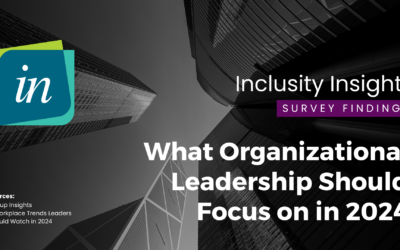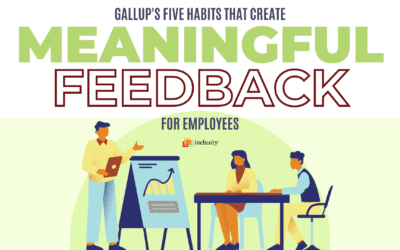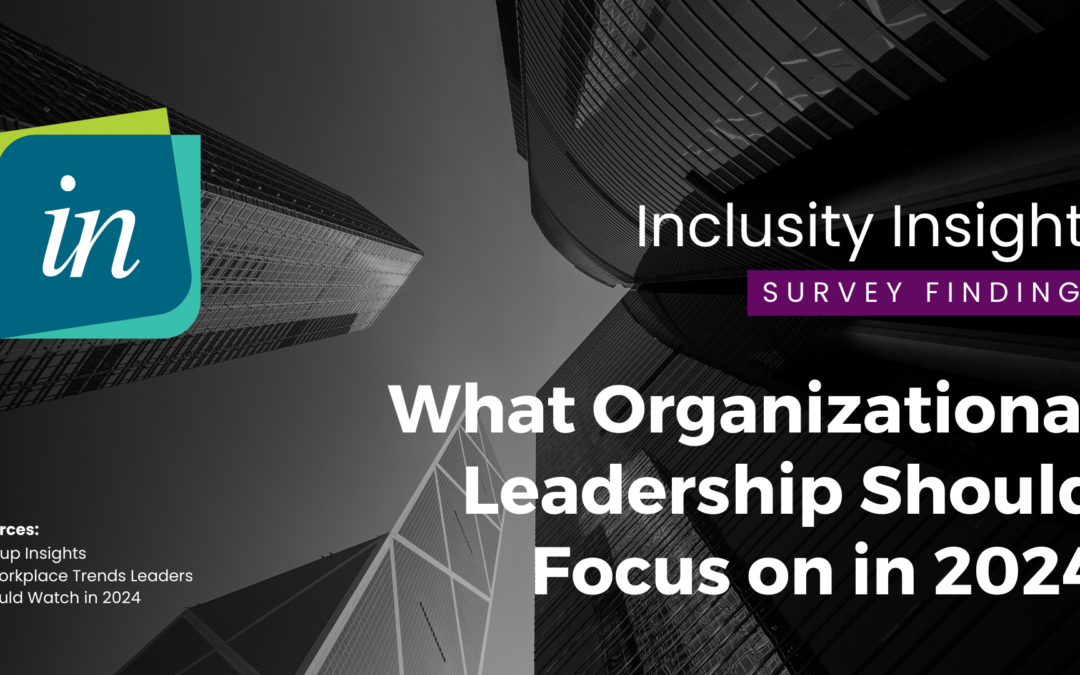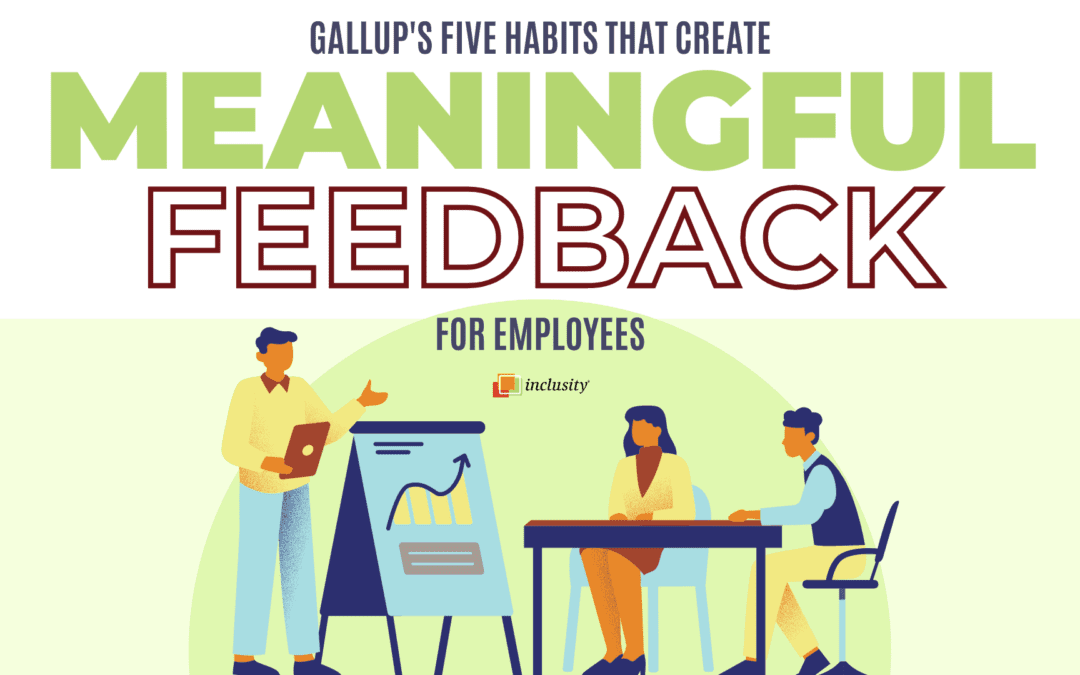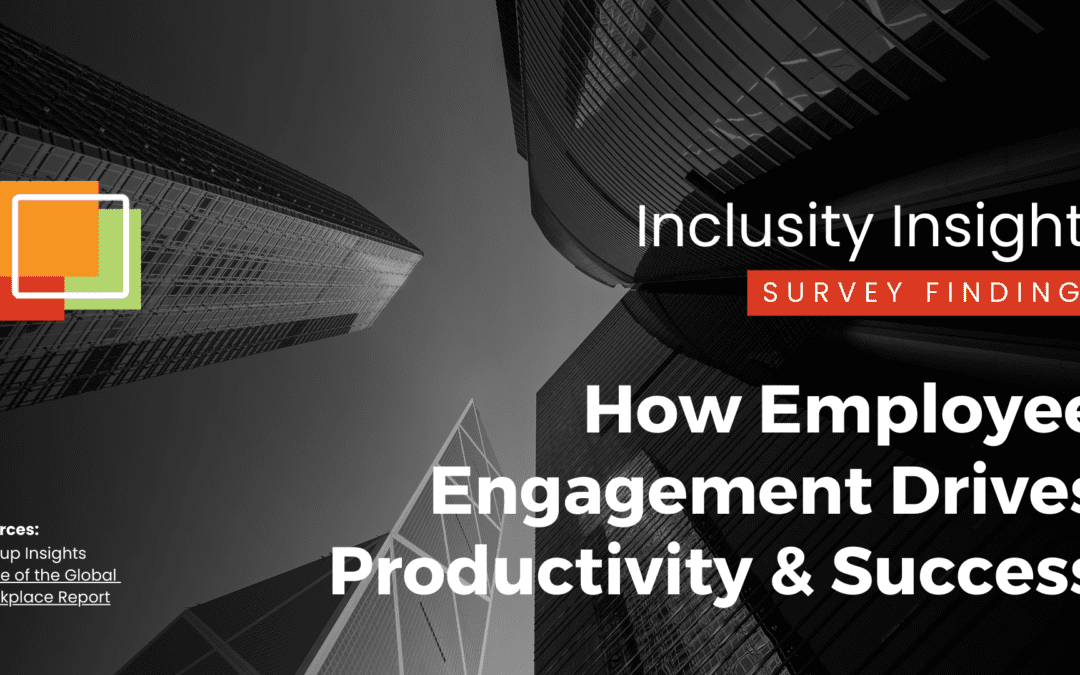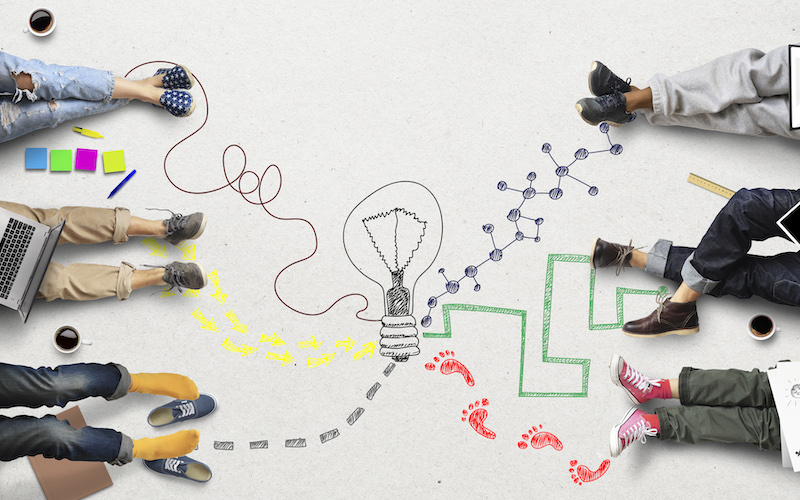I have never been a big fan of “political correctness”. I believe that it is more important to create ‘safe places’ for people to openly discuss their opinions/biases in a diverse group so that prejudice can be dealt with (managed) rather than repressed. And, I believe that it is this long-term repression that causes unmanaged biases to emerge in times of stress. Since these stressful times are often very public, they tend to cause serious pain to others, and lead to loss of jobs, loss of respect, and loss of productivity for everyone involved – the perpetrator of the prejudice and the unfortunate victim.
That said, it is not possible for all individuals to have the opportunity to openly and safely discuss their prejudice, let alone get the assistance needed to understand it and manage it in a healthy way. For all of the individuals who have participated in our Inclusity LAB, we hope that you appreciate the gift that your organization has given you by providing you this opportunity to develop as a leader and as an individual!
For those of you who have not had a chance to participate in an experience where you can openly discuss your socialization around differences of all kinds, then the next best alternative is to be “politically correct” and keep your opinions to yourself so that they do not offend others. Some individuals may believe that holding in their opinions (being politically correct) could have negative impact on innovation and creativity in the workplace.
Until recently there has not, to my knowledge been research done on this topic. However, Michelle Duguid, a professor at Washington University in St. Louis, has proven that political correctness does not correlate with a creativity loss.
In the NPR article cited above, same-sex groups were indeed stifled by instructions to be politically correct. However, this was not the case for mixed-gender groups. According to Dr. Duguid, mixed-gender groups “…generated more ideas, and those ideas were more novel,” she says. “Whether it was two men and one woman or two women and one man, the results were consistent.”
Duguid’s study goes on to assert that by communicating that most people stereotype, this actually increases the amount of stereotyping behavior that occurs. She suggests that we instead point out that most people put effort into managing their stereotypes. This sounds like the old adage that intention creates reality. At Inclusity, we focus on intentionally including others rather than on pointing out and focusing on differences. We strive to create safe places for open discussion so that work relationships can develop and thrive. Perhaps you might consider a novel approach to the challenges of today’s diverse workforce! Check out our solutions for more information.



